
Democracy for Realists
Why Elections Do Not Produce Responsive Government
Recommendation
The stunning 2016 election outcomes around the world have raised questions about the workings of democracy. Political scientists Christopher H. Achen and Larry M. Bartels go further and say that democracy doesn’t work – at least not the way most people imagine. Achen and Bartels argue that voters don’t make reasoned, purposeful selections at the ballot box; instead, their social identities determine their partisan loyalties and political choices. Citing research and analyses from early 20th-century studies through the present day, the authors take apart one comfortable assumption about democracy after another. They then propose a new theory of democracy – less idealistic, but better suited to the real world and real voters. Although lay readers might find the detailed data analyses tedious, getAbstract recommends persevering through to the authors’ fascinating conclusions.
Summary
About the Authors
Christopher H. Achen is the Roger Williams Straus Professor of Social Sciences and professor of politics at Princeton University. Larry M. Bartels holds the May Werthan Shayne Chair of Public Policy and Social Science at Vanderbilt University.









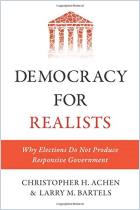
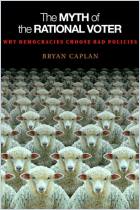
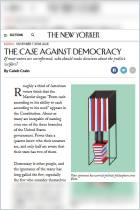
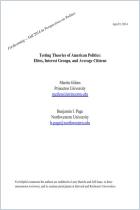
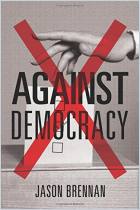
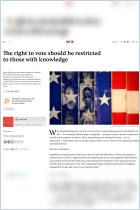


Comment on this summary or 开始讨论